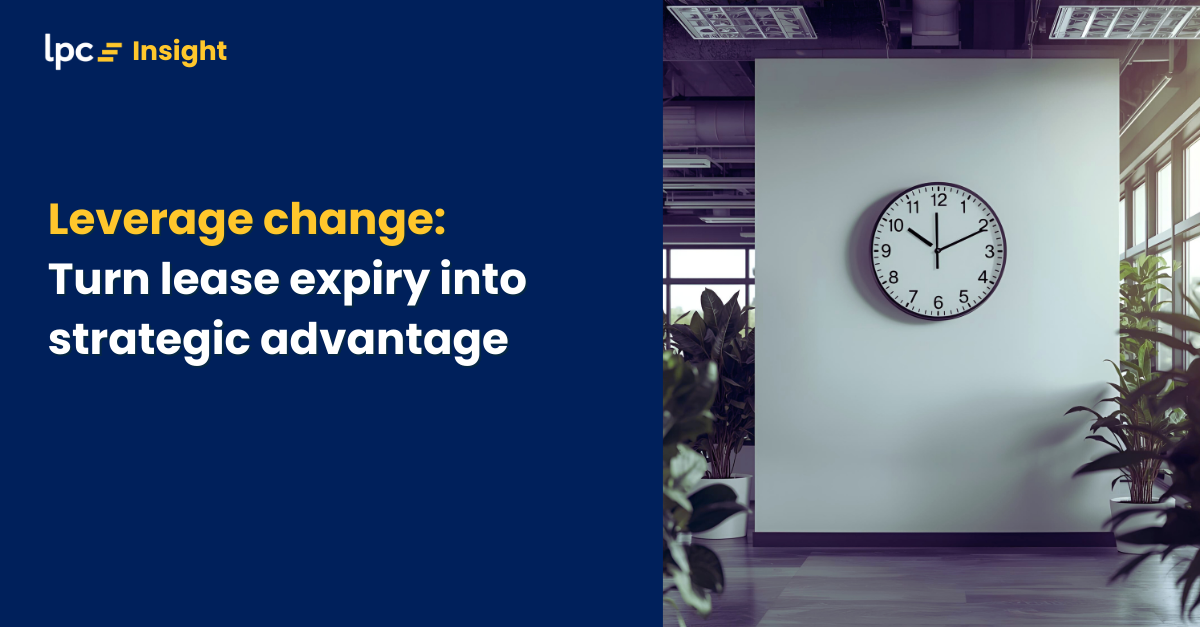This is part 2 of a 2-part series of insights on how AI can help a commercial tenant with their lease negotiations. In part 1 of this series, we opined that any commercial tenant or advisor who ignores AI's potential to assist with lease negotiations will be increasingly disadvantaged as landlords and other tenants become more skilled at leveraging AI to enhance their negotiating power. Part 2 focuses on what AI cannot do for a tenant.
"The real danger is not that computers will begin to think like men, but that men will begin to think like computers." - Sydney J. Harris
So, what can AI not help with in lease negotiations?
"The danger of the past was that men became slaves. The danger of the future is that men may become robots." - Erich Fromm
AI can be a powerful ally for a tenant when negotiating a commercial lease, but it is important to understand what AI can help with and what AI cannot help with. This discernment enables the tenant to combine instant access to AI with human intuition and judgement, thereby increasing the probability of negotiating a tenant-friendly lease arrangement that's supportive of a tenant's business into the future. Here are some ways in which AI cannot help a tenant achieve more tenant-friendly outcomes:
- Human intuition and creativity – AI accesses cumulative knowledge and experiences found in the digital world. One could argue that AI is limited by what is already in existence, and over-reliance on AI can limit human intuition and creativity, valuable attributes when it comes to defining and negotiating lease arrangements that are optimally aligned with the specific future requirements and risks of a unique business. Optimal tenant lease arrangements require existing lease norms to be challenged in pursuit of increasingly tenant-friendly arrangements in a changing world.
- Decision making – While AI can provide data-driven insights and recommendations, the final decision-making power rests with the tenant. AI cannot replace the nuanced judgment and strategic thinking required in complex negotiations. AI tools can suggest negotiation strategies based on historical data, industry trends, and the tenant's future business requirements and risks, but human judgement is essential for accountability and to ensure the principle of 'business before space' is applied to the unique business circumstance under consideration.
- Future uncertainties and innovative solutions – AI may struggle with unexpected or unique situations that fall outside its training data. Human negotiators can adapt more flexibly to such scenarios, and human creativity can unlock future uncertainties not previously experienced, and innovative leasing arrangements not yet in existence.
- Relationship building – While AI input can help remove emotion from tenant decision-making, AI lacks the human touch needed to negotiate outcomes and build durable business relationships that are important for a supportive tenancy arrangement. Empathy and understanding of context and personalities are important in negotiations and are difficult to model, and these human attributes will continue to require human input for the foreseeable future.
Concluding comment
"The danger of AI is not that it will become too autonomous, but that we will become too complacent." - Sam Altman
While leveraging AI is essential if a tenant wants the best outcomes from their lease negotiations, overreliance on AI for strategic direction, innovative solutions, and decision-making is not advisable. Tenants must add human intuition and sound judgement to their AI input to avoid the pitfall of complacency and achieve optimal leasing outcomes.
Who is LPC, and how we help futureproof their accommodation arrangements
LPC is a conflict-free advisor to commercial tenants across Australia and New Zealand. We facilitate strategic review of accommodation strategies, represent occupiers to secure best-fit accommodation arrangements, provide lease management services to multi-site occupiers, and oversee client fit-out and relocation. Contact us to help with your accommodation strategy review.


